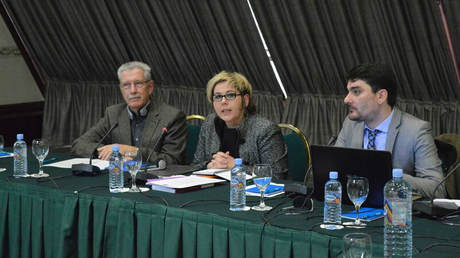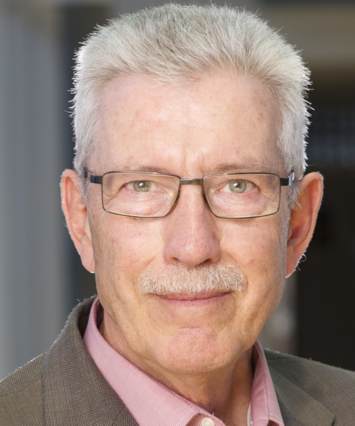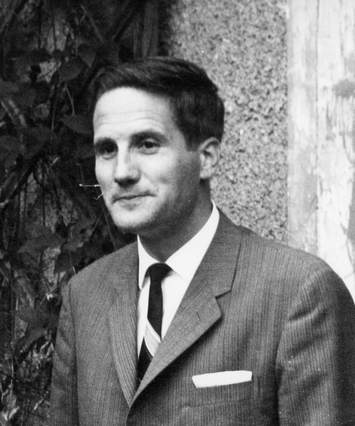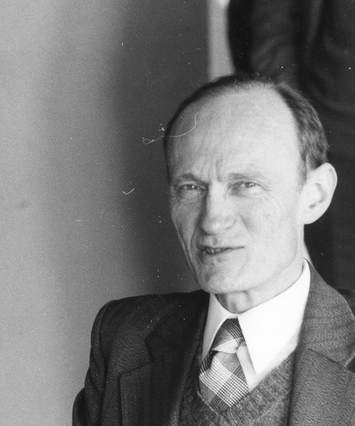At the very heart of IofC’s approach is the idea that the ‘global’ and the ‘intimate’ are deeply connected. The inner journey and the care for individuals go hand in hand with grappling to meet the needs of the world. These two dimensions, like two wings of a bird, are not in contradiction but need each other.
It was said about someone that “his life will be remembered less for what he himself achieved than for what his friendship inspired others to achieve.”
This philosophy has underpinned much of the often unseen work that Initiatives of Change and its predecessor Moral Re-Armament have done in support of individuals engaged in institutions at the sharp end of initiatives for justice and peace worldwide.
Two examples come from the heart of Europe: the effort to build a framework for the continent which is collaborative, fair and outward-looking. The European Union has been much criticised but its founding vision was a continent where war could not happen again, and where its prosperity could benefit less fortunate parts of the globe. That vision still motivates many at the heart of its three primary institutions – the Council of Europe, the European Court of Human Rights, and the European Union.
Frenchman Charles Danguy and Swiss engineer Christoph Spreng have devoted decades to accompanying people in these circles and supporting the best efforts to address the deep underlying issues of the continent. Neither are politicians. Both have technical training but have followed a calling to devote their time and energy to a voluntary work of befriending and accompanying people in the leadership of Europe.
--------
When Charles Danguy first visited Strasbourg, the seat of the European Parliament, in the 1970s, he admits he was scared, since he held no formal position. “I had no training, I was a simple watch salesman.” Yet he felt a calling to get to know parliamentarians (MEPs), live into their concerns, and to offer unconditional friendship in support of their own deepest intentions. He says his fear fell away after talking to an MEP during a car journey. His monthly visits led him to discover how the European Parliament worked as he followed debates and started to meet people. He learnt the importance of “listening to others and discovering their interests to see intersection points”, and “being committed to serve other people and walk on the same path”. One day one MEP said: “I appreciate our common collaboration but I don’t like your movement...” “I never,” says Charles, “discovered the reason. But it wasn’t important.”
Danguy was able to work closely with another French couple, Michel and Catherine Koechlin, whose home in Strasbourg (since 1987) became known for its generous and warm hospitality. This home, says Danguy, was “the heart of our presence in the institutions”.
The relationships Danguy built led to many concrete events. For example a ‘Mediterranean Dialogue’ held in the Swiss conference centre at Caux in 1987, organised at the request of Giovanni Bersani, President of the Lomé Convention Joint Parliamentary Assembly. Bersani brought parliamentarians and diplomats, Danguy and Koechlin brought grassroots people - to meet, connect and find common understanding. These kinds of dialogues were always fruitful.
Danguy was able to use to good effect the advice of his mother-in-law Irène Laure, a prominent French socialist, elected at the First Constituent Assembly of the French Parliament in 1946; her apology to the Germans in 1947 opened the doors for major initiatives for post-war reconciliation on the continent. He learnt from her that one should not be blinded by rank and title – often the most important persons in the room were the least visible, for example the secretaries. So he and his wife Juliette Laure got to know these people behind the scenes as well as the MEPs, offering the same friendship.
Danguy summarises some of the lessons from his decades of friendship with MEPs: be sensitive to talk to these busy people when their mind is free - respect their time; listen attentively to people to understand their concerns and join them with my own; learn through working together.
Danguy says: “The European Parliament for me is, before all else, the faces of many women and men I have met over the years who are doing the best they can to translate into action the vision of a peaceful continent based on justice.”
--------
Christoph Spreng has been connected with the Council of Europe (one of the first, and the largest international organisation in Europe - founded in 1949) for many years, first informally and then becoming involved in INGO (international non-governmental organisation) activities.
Spreng outlines some of the experiences he has been able to share through his role: how personal reflection makes you ready for the unexpected; that doing what you have promised to do builds trust; learning to know when to speak and when to listen. He stresses that the wounds of the past need acknowledgement and healing and that this is the best preparation for tackling current problems.
Spreng has been at the heart of a Council of Europe initiative to develop a ‘Dialogue Toolkit’ for conducting intercultural dialogue which has been used across the continent. Spreng has himself worked with this toolkit in Paris, Stockholm, Bucharest and even Lahore (Pakistan) and Tunisia. He has taken part in an INGO visit to North Macedonia to hold governments to account and contributed to the Council of Europe’s governance framework through developing the Code of Conduct for fighting corruption. He has taken part in the United Nations Forum on Business and Human Rights as well as the North-South dialogue on sustainable development goals.
Reflecting on his personal journey he acknowledges the risk of being self-concerned in this VIP environment. He learned that pursuing personal and institutional interests and agendas was a waste of time - as too the taking on of issues outside of one’s competence. The best opportunities came from credibility, and through being free from personal or institutional ambitions. Spreng reflects that “this amazing journey” has simply been a step by step following of inner reflection and the conviction to care for people without a hidden agenda.
English






